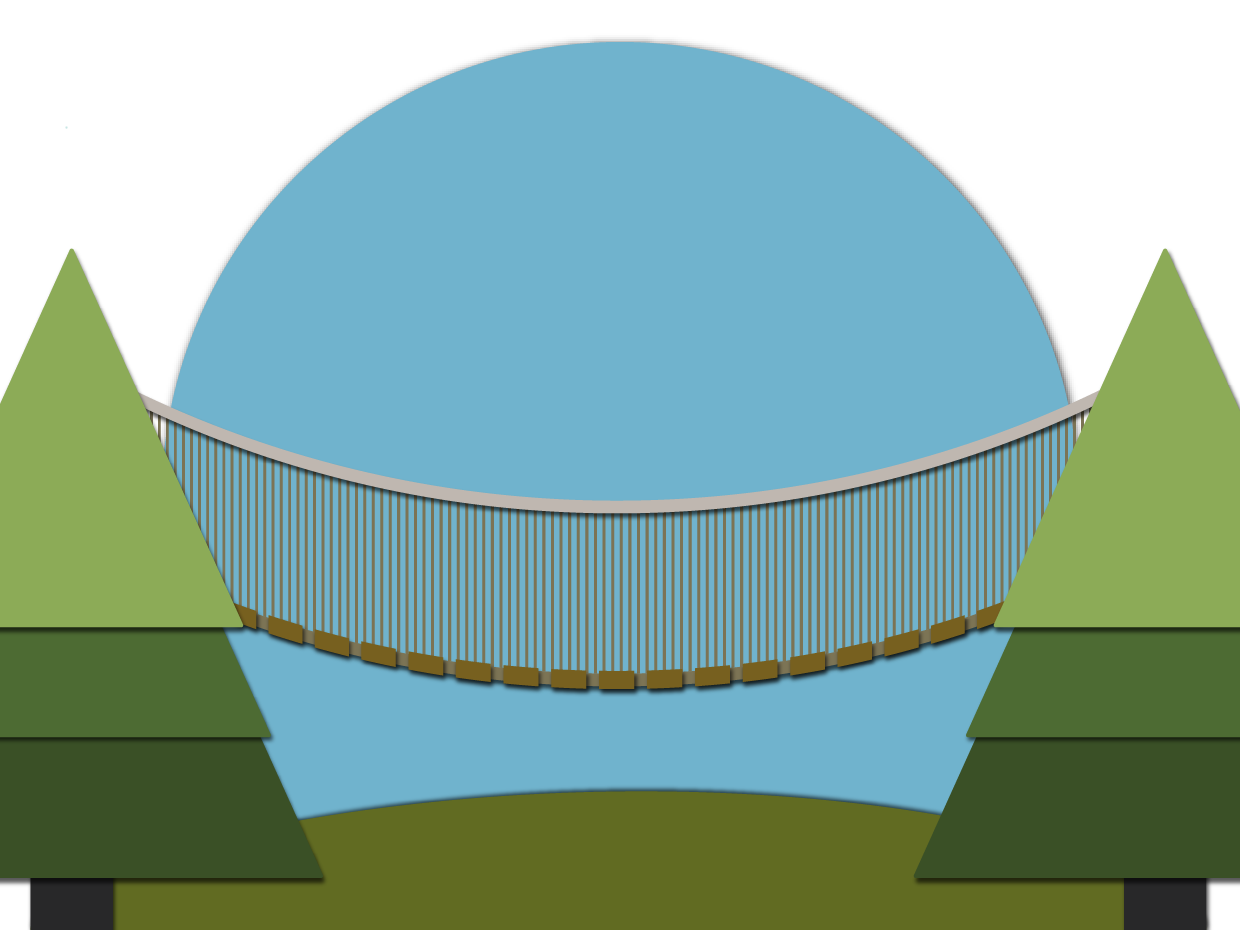When you die, you are “deemed” to have disposed of all of your assets — just as if you had sold them immediately before you died. This may trigger a gain or loss. If there is a net gain, your estate will owe income tax. It may also have to pay probate fees. Learn more about how to reduce the taxes and fees your estate will pay after your death.
When to file a final tax return
A final tax return covers the period from January 1 up to and including the date of death:
- If the death occurs between January 1 and October 31 — the deadline for filing and paying any tax owing is April 30 of the following year. This is the normal filing deadline.
- If the death occurs between November 1 and December 31 — the deadline is 6 months after the date of the death.
CRA clearance certificate
Before any property can be distributed to the beneficiaries, the executor should obtain a clearance certificate from the Canada Revenue Agency (CRA). This certifies that all final taxes owing have been paid. Learn more about filing a final return.
Before the beneficiaries can receive any property from an estate, the CRA must issue a clearance certificate saying all final taxes owing have been paid.
Key point
Tax deadlines for final returns:
- April 30 – if the death occurs between January 1 and October 31
- 6 months after the death – if the death occurs between November 1 and December 31
